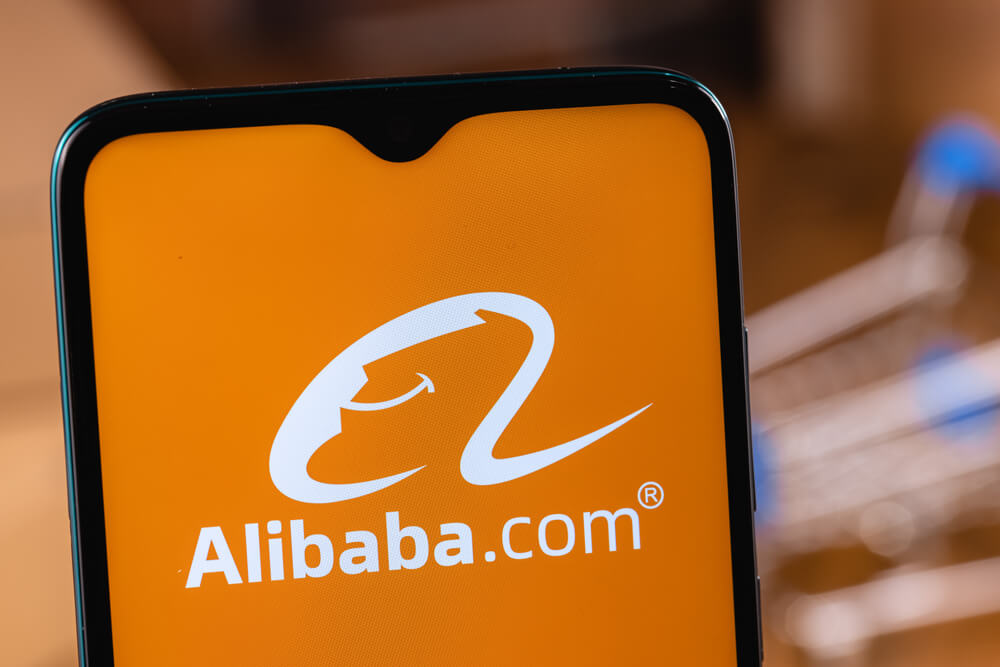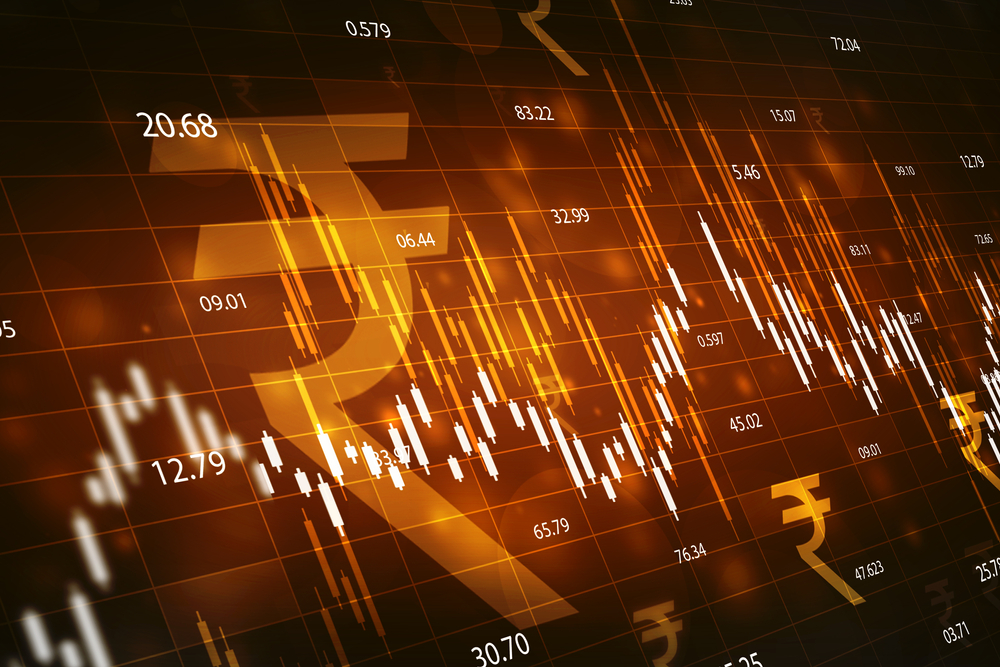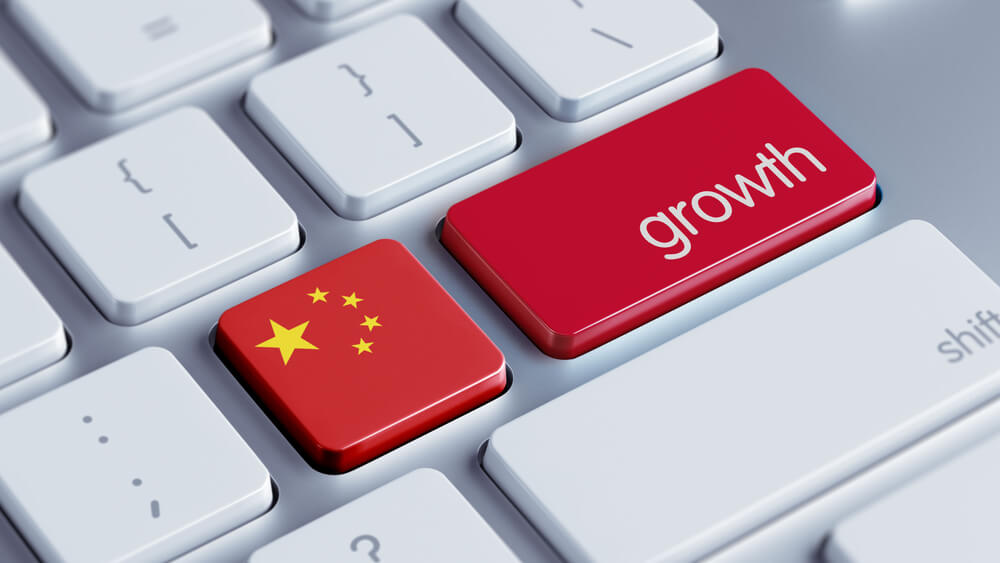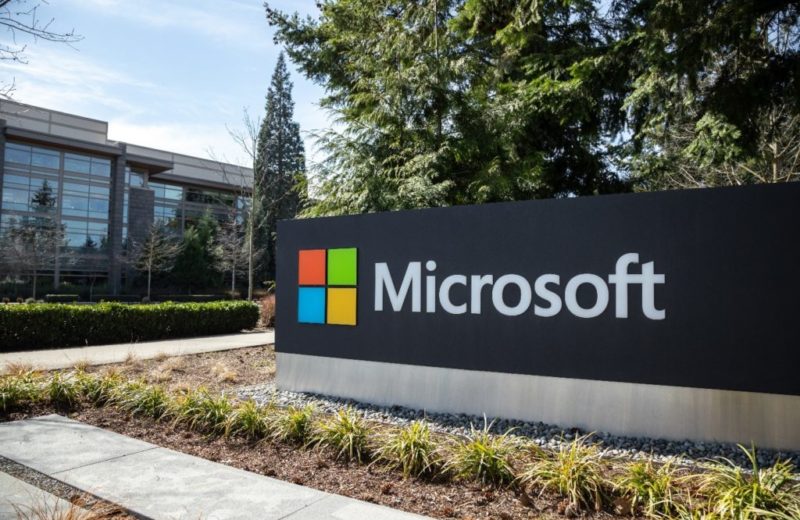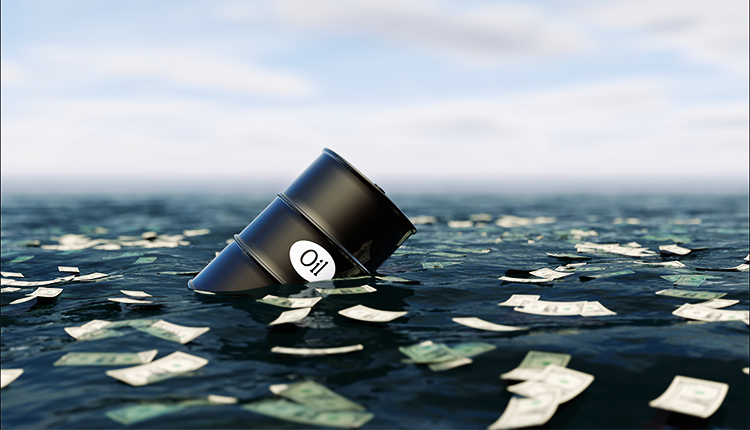For this year, Alibaba Group Holding has frozen pay for senior executives. Sources have said it is giving junior staff bigger salary increases instead. This is the Chinese firm’s effort to preserve its workforce amid a regulatory clampdown.
At Alibaba, hundreds of top-tier executives are not entitled to salary hikes this year. That’s unless they performed extraordinarily, the sources have said.
Moreover, they said that Alibaba, a Hangzhou-based company, though, has offered considerable wage increases to junior staff.
The Chinese e-commerce giant has been the focal point of the country’s months-long crackdown on the mainland’s big and powerful technology companies. This was on concerns about their market dominance and on their ability to sway public opinion. With the pay moves, Alibaba departs from this usual.
Over the years, its management level executives received on average a 5% to 10% pay increase annually. They were also given stock incentives, a source said.
The company has not directly commented on the pay freeze for executives. However, it said that talent is Alibaba Group’s most important asset.
They have a strong and competitive compensation system. This reflects their priorities in cultivating their next generation of talents.
Alibaba’s Hong Kong-listed Shares
The e commerce company’s Hong Kong-listed shares fell more than 2.5%. This was in line with a weak broader market on Friday.
From e-commerce to cloud computing to logistics to entertainment, Alibaba runs its businesses. As of 2020, it employed more than 252,000 staff. The firm usually decides pay increases for most employees during April.
Since founder Jack Ma’s stinging public criticism of China’s regulatory system in October, the business has come under intense scrutiny.
Earlier this month, it was fined a record 18 billion yuan ($2.78 billion). An anti-monopoly probe found the company had abused its dominant market position for several years.
China’s State Administration for Market Regulation has recently targeted China’s large tech giants. This reflects increased scrutiny of the sector in the U.S. and Europe.
Meanwhile, on the vaccine front, AstraZeneca said its COVID-19 vaccine sales were $275 million in Q1. It is expected to deliver 200 million doses a month from April. This comes as better-than-expected results and a second half growth forecast boosted its shares.
Chief Executive Pascal Soriot defended once more the vaccine rollout on Friday. The Anglo-Swedish drugmaker, he said, had not overpromised on its ability to supply the vaccines. He also defended big cuts in deliveries that prompted a European Union lawsuit.


